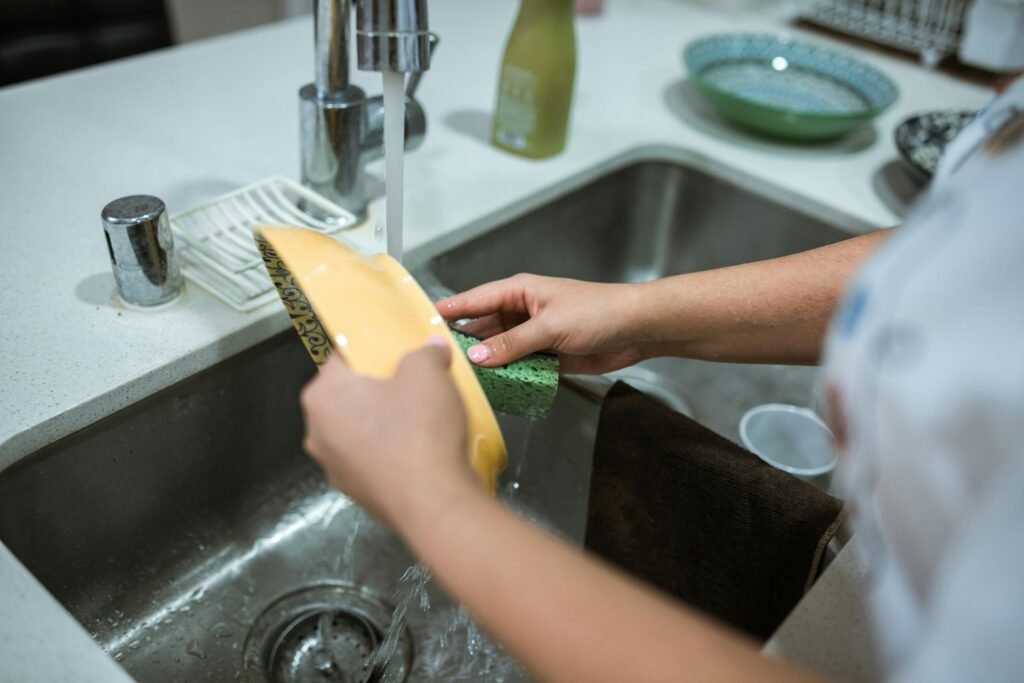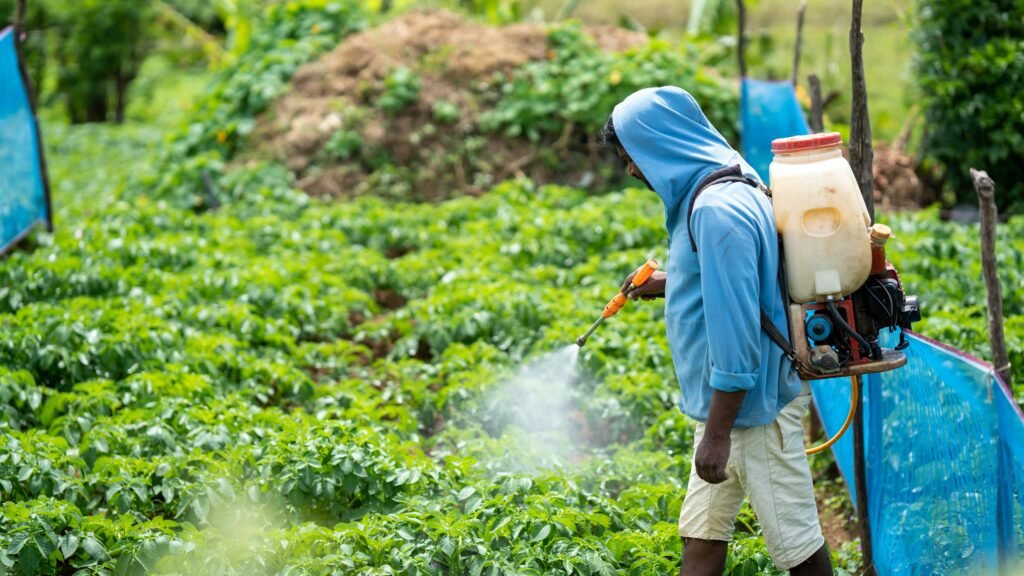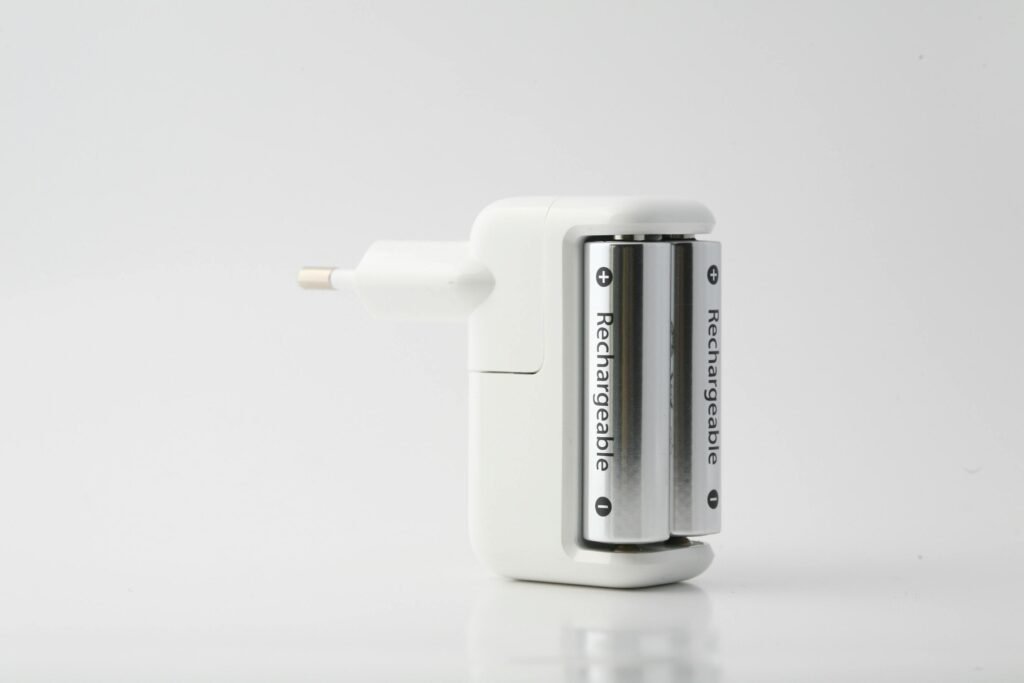What is Greywater?
Greywater is wastewater that contains relatively clean water arising from household activities like the washing of dishes, bathing, and laundry. Contrasting with blackwater associated with sewage and typically collected from toilets, greywater is characterized by lower levels of contamination, thus making it more appropriate for some recycling applications. Knowing what distinguishes these two kinds of wastewater is important in discussing greywater recycling methods for home purposes.
Greywater can be coming from various parts of the house. For example, it is collected from kitchen sinks after washing dishes, shower water which tends to collect after bathing, and laundry water which is discharged after clothes washing. Such sources often have associated organic matter, soap residues, and a few harmless contaminants that can be well controlled at the recycling end.
Greywater recycling is important because it can help to minimize wastewater, particularly in areas where water scarcity is a big concern. Greywater recycling systems can reduce the total intake of water while remaining potable and therefore save water bill costs to add positively to water-conserving efforts. Recycled greywater can be reused for some applications like irrigation, flushing toilets, and even cleaning. This water saving enhances both water efficiency and friendly living.
Homeowners should be aware of any regulation or rule that surrounds greywater reusing in their area as these usually establish standards and systems in recycling it in safe and effective ways. In conclusion, knowledge of greywater and its sources enables one to make intelligent decisions when it comes to the recycling of water and its saving in a home.
Benefits of Recycling Greywater
Greywater recycling comes with numerous advantages along environmental, economic, and agricultural dimensions. Households can make a tremendous contribution toward saving freshwater by using greywater. Fresh sources of water are increasingly getting stressed; therefore, proper treatment and reuse of greywater is necessary. It may be an environmentally friendly means of reducing freshwater usage for purposes such as irrigation and flushing toilets. This, in turn, is likely to free up municipal waste from pressure, thereby lessening management burdens associated with wastewater.
On the economics side, greywater recycling can prove very helpful and save lot of money in water bills. When the household divert a large portion of wastewater for useful purposes, they help in reducing their gross volume of water consumption, thereby being able to save on utility costs. This would be very useful for regions facing drought or water deficiency, where the cost of water during peak demand periods becomes very high.
In addition to creating environmental benefits, it enhances health benefits for gardens and landscaping. Treated grey water can contain nitrogen and phosphorus nutrients that promote healthy plant growth. Homeowners would be able to provide nutrients to their gardens by irrigating with greywater while conserving water resources. This sustainable method develops healthy plants and let them grow well in the nutrient-rich environment created by recycled greywater.
Incorporating greywater reuse into the residential environment may encourage increased consciousness of water usage and good habits among household members. The more that a person becomes conscious of reusing water, the more mindful his or her behavior will be in continuing to preserve the environment. At large, greywater recycling offers many benefits. It is good for people who wish to make a difference to the environment and save money.

Simple Ways to Recycle Greywater at Home
Recycling grey water is an excellent means through which homeowners can save water, yet still provide their gardens and lawns with a good supply. This can be done through different simple steps that require a little effort.
One of the easiest steps is collection of water from simple daily activities such as showering. Simple techniques that incorporate minimal effort involve placing a bucket in the shower to collect water, thereby saving it from going down the drain. The collected water could then be used in different applications, which may range from watering the houseplants to even the garden.
Another doable action is to install a greywater diversion system for laundry. Most washing machines expel a significant volume of water that can be reused again. The house owner can transfer used water from the laundry either to an open container or even to a prepared irrigation area through a hose. It would be best if biodegradable soaps are used that are harmless to plants and soils. This simple change saves a lot of water and reduces the pressure on municipal sewage systems.
For the garden owners, having collected greywater added to an irrigation system will even enhance their plant life while saving many vital water resources. Homeowners can come up with a simple irrigation system by putting in a drip system that allows water selectively distributed throughout the garden through greywater. That prevents wasting precious water while hydrating the plants at the right amounts. Greywater should not be contaminated with substances that can easily do away the advantage it presents.
Thus, greywater recycling can be achieved through such simple techniques, and owners can recycle their greywater in their daily lives for sustainable living. These small changes help to conserve water and at the same time, protect the environment.

Common Myths and Misunderstandings About Greywater Recycling
We find that people have a lot of misconceptions about greywater recycling regarding whether it is safe or practical to use. The most common of these myths is that greywater is as unsafe as sewage. Greywater actually defines a relatively clean water that one obtains from household activities of doing laundry, washing dishes, and bathing. While it does contain some kinds of pollutants, it is not harmful if used wisely. Greywater may be safely reused for irrigation and flushing the toilet if properly treated.
The second myth is that greywater collection is illegal or strictly prohibited with numerous regulations. True, there are indeed regulations surrounding greywater systems. The regulations vary greatly across different regions. Most locations encourage the practice of recycling graywater so long as certain safety precautions are used to treat this water. Homeowners should be cognizant of the prevailing laws in their locality, and thus their greywater systems must satisfy the required needs. Households should know the local regulations and ensure that their grey water system is compliant to all regulations. An awareness of the regulatory framework at the local level can help reduce fear over legal implications of grey water usage.
Additionally, many people fear that grey water may contain something hazardous to plants or soil. However, grey water from laundry is usually high in nutrients helpful in promoting the growth of plants. Provided that greywater is filtered and treated appropriately, it can support a balanced ecosystem in home gardens. The more biodegradable the soaps and detergents used, the safer the reuse water will be. One more myth is that the greywater recycling complicates home plumbing systems. In reality, several simple greywater systems are highly effective to integrate into the existing infrastructure without requiring major renovations.
The main problem is that the myths need to be cleared away in order to promote the goodness of greywater recycling. Seeing these truths and clearing away these greywater myths will help homeowners make a better choice in having a greywater recycling system in their homes.
Do share your thoughts by commenting below.






